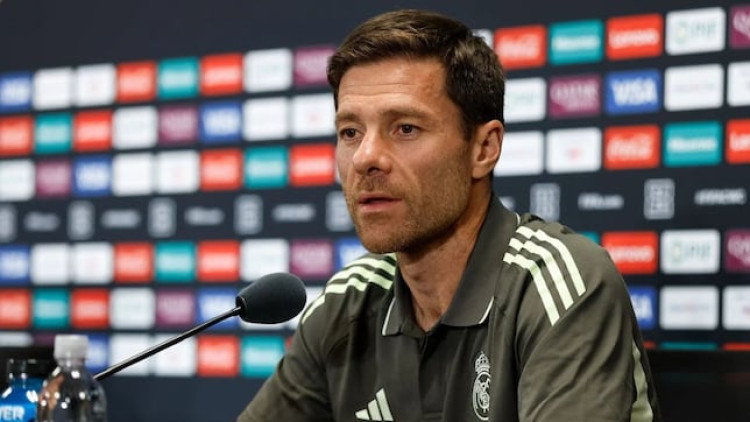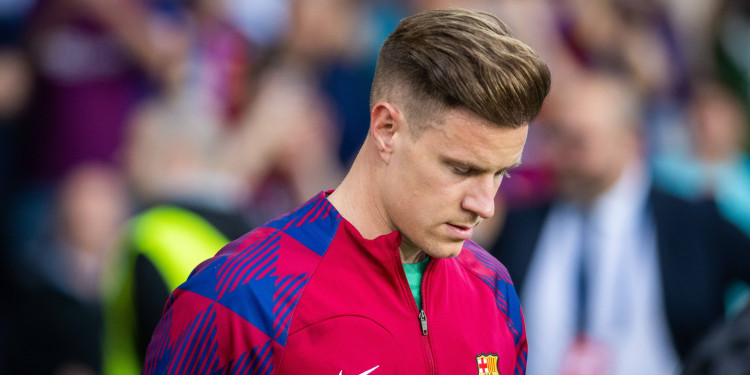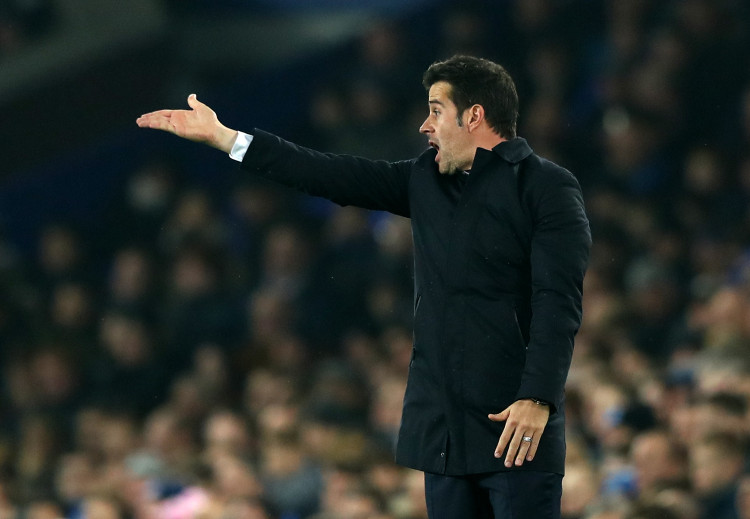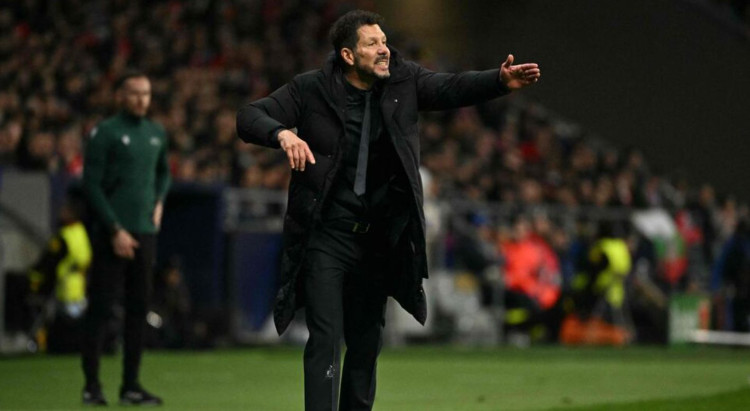
Transfer Requests: The New Weapon in Player Power
The transfer window is supposed to be a time of anticipation and celebration for football fans, but in recent years, it has taken on a new character. Growing numbers of star players are ready to hand in transfer requests, pushing for their dream moves even with years left on their contracts.
The phenomenon is shifting the balance of power in football, sparking debates about loyalty, ambition, and who really calls the shots in the beautiful game.
When Contracts Lose Their Meaning
For decades, a player’s contract guaranteed a club both performance on the pitch and leverage in the market. But with the stakes higher and the rewards richer than ever, those guarantees seem less ironclad. Now, handing in a transfer request is increasingly less about desperation and more about signaling intent. It’s players, not clubs, daring to dictate the script—sometimes at the expense of their current employers.
These requests echo a wider trend: top talents are less hesitant about flexing their muscle, regardless of how much time is left to serve. Many star names are ready to risk friction within the squad or a cold shoulder from fans if it means getting that blockbuster move.
Clubs Lose Their Grip
For selling clubs, the era of long, watertight contracts as insurance against losing their best players appears to be fading. Instead, they find themselves in a bind: force unhappy players to stay, or cash in before a high-profile feud derails the season. Meanwhile, richer clubs circle like sharks, ready to exploit the uncertainty. For them, player unrest is leverage—a chance to drive down transfer fees or shake loose a talent that wasn’t supposed to be on the market.
The Alexander Isak Saga: A Signal Moment
Nowhere is this power shift more evident than in the unfolding Alexander Isak saga. The Newcastle United striker had seemed rocksteady after a fine season, but Liverpool’s interest has tilted the scales.
The lure of Anfield and Champions League nights has reportedly turned Isak’s head, enough that he’s submitted a formal transfer request. The episode highlights just how quickly things change: for all of Newcastle’s plans, Isak’s individual ambition may yet override club stability.
Yoane Wissa: Training Ground Stand-off
Yoane Wissa offers another case study. The Brentford striker has flat-out refused to train, pushing for a switch to Newcastle United or another Champions League outfit. The stand-off is a classic marker of the times—a club trying desperately to keep its asset functional, a player convinced his ambitions should trump the project. With Wissa digging in, Brentford have little choice but to weigh their options: hold their ground, or let their striker leave and start a rebuild.
Ademola Lookman: The Valuation Game
The Ademola Lookman situation is a lesson in leverage. Eager to swap Atalanta for Inter Milan, Lookman has angled for a move while Inter drag their feet over a small valuation gap. The twist? Inter know that Lookman’s clear desire to join them gives them the upper hand in stalling Atalanta. While negotiations continue, it’s clear that the player’s determination to switch sides is an open card in the poker game of Italian football.
Conclusion: The Changing Face of the Transfer Market
The rise of player power is reshaping football’s transfer landscape. When leading names are willing to submit official requests or even stop training, it signals a seismic shift from clubs to players. Contracts, once badge of mutual respect, are now viewed as hurdles to overcome, not handcuffs to endure.
This movement isn’t just about personal ambition. It’s also about the psychology of the dressing room: unhappy stars can unsettle squads, erode team unity, and distract from bigger ambitions. For buying clubs, it’s about striking when the iron is hot—using player agitation to reduce transfer costs or force a seller’s hand.
In the bigger picture, growing player power will likely lead to more dynamic summer windows, but also less certainty for clubs that wish to build long-term.
As agents and players learn to manipulate the system, loyalty and contract length will matter less, and the agility of club management will matter more. The transfer market will be faster, riskier, and more unpredictable—fuelled as much by willpower as by spreadsheets and scouting reports.
For fans and clubs alike, the new rules of engagement are clear: star players are no longer just assets or employees—they’re decision-makers with the agency to shape not only their own destinies, but the very storylines of their clubs’ seasons. Whether this makes football better or worse is still up for debate. What’s certain, though, is that player power isn’t going anywhere; if anything, it’s just getting started.










